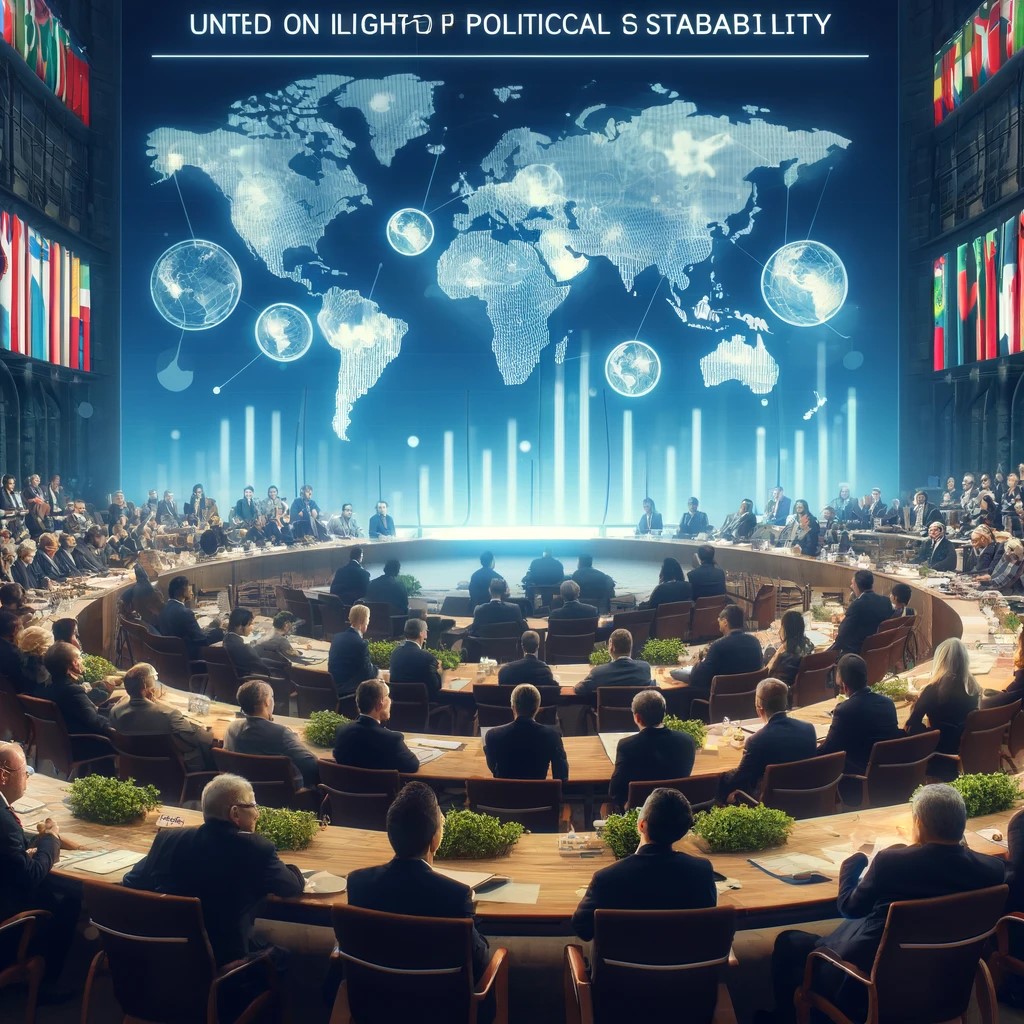Political stability is a crucial factor that investors consider when assessing risk and opportunity in various markets. It significantly influences economic environments and can either drive or deter investment flows. This article delves into how political stability impacts investment decisions, explores current trends, and anticipates future shifts.

Understanding the Role of Political Stability
Political stability refers to the predictability and consistency of government policies and administrative actions within a country. Stability fosters an environment conducive to business operations, encouraging both domestic and foreign investments. Conversely, political instability can lead to volatility in markets, create legislative uncertainties, and even alter the economic landscape through abrupt changes in policy.
Current Trends Influencing Investment Decisions
Emerging Markets: In many emerging markets, political instability poses a significant risk, characterized by government turnovers, corruption, and policy changes. However, these markets also offer high growth potential. Investors are increasingly relying on sophisticated risk assessment tools to balance the potential high returns against the political risks.
Impact of Global Political Events: Events such as elections, referendums, and international disputes can quickly alter the investment climate. For example, the Brexit vote in the United Kingdom and trade tensions between the USA and China have had far-reaching impacts on global markets, influencing investment strategies worldwide.
Rise of Political Risk Insurance: As political instability becomes more pronounced, the demand for political risk insurance has surged. This type of insurance protects investments against the risk of expropriation, nationalization, political violence, and currency inconvertibility.

The Role of Technology in Assessing Political Stability
Advancements in technology have enabled investors to better assess and mitigate political risks. Big data analytics, artificial intelligence, and predictive modeling provide deep insights into political trends and potential disruptions, allowing for more informed investment decisions. These technologies can track and analyze news, social media, economic reports, and other data sources to forecast political conditions.
Future Predictions: Navigating Political Landscapes
Increased Focus on Governance and Stability: Investors are likely to place greater emphasis on governance indicators and political stability when making investment decisions. Countries that demonstrate transparent governance and stable political environments will attract more foreign direct investment.
Integration of ESG Factors: The integration of Environmental, Social, and Governance (ESG) factors into investment analysis is expanding. Political stability often correlates with strong governance — a critical component of ESG metrics. Investors are using ESG criteria not only to assess corporate behavior but also to evaluate country risks.
Geopolitical Diversification: In response to global political fluctuations, investors may seek to diversify their portfolios across a broader range of countries to mitigate risks associated with any single political entity. This strategy involves spreading investments across different regions to reduce potential losses from geopolitical instability.

Conclusion
Political stability is a pivotal element that shapes investment landscapes. As the global political climate becomes increasingly complex, investors must adapt by enhancing their analytical capabilities and employing diversified strategies. By understanding and anticipating the implications of political stability, investors can safeguard their assets and capitalize on opportunities in a fluctuating world.





